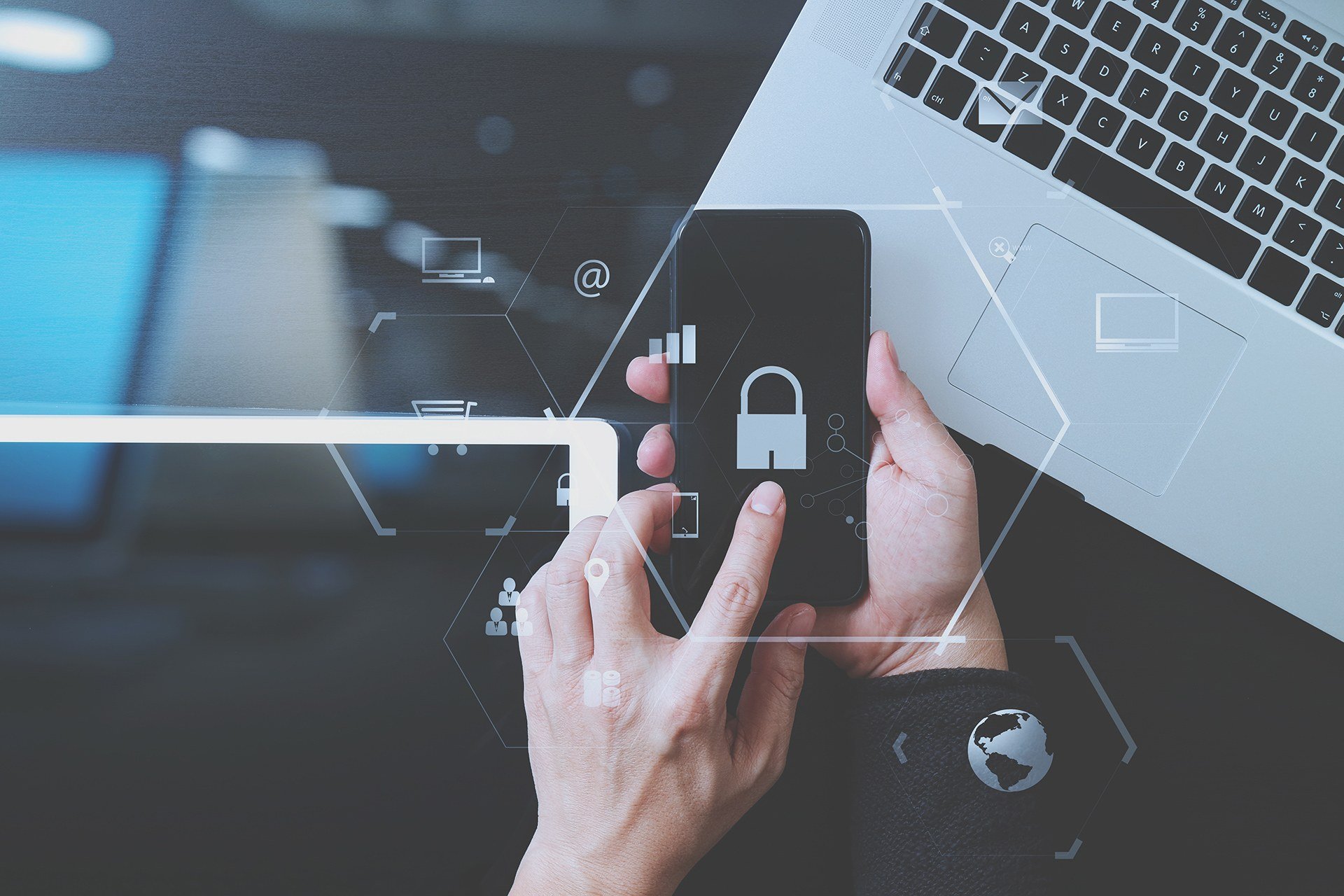As a business owner or operator, it is up to you to protect yourself and your employees from cyber attacks. Unfortunately, many small business owners either underestimate the damage a cyber attack can cause or fail to take the proper steps to protect themselves. Below is a look at some reasons why business owners are more likely to be a cyber security target and some steps you can take to reduce your risk.
Why are Business Owners More Susceptible to Cyber Attacks?
A recent study by Verizon highlights how vulnerable business owners are to cyber security attacks. When compared to other employees, business owners and senior executives are a dozen times more apt to become a victim of a cyber security attack. Small businesses were especially likely to be targeted, accounting for 43% of cyber attacks and data breaches. Here are a few reasons why business owners and executives are more at risk:
They are incredibly busy
Business owners and top executives are usually preoccupied with the day to day activities of running a business. They are so busy focusing on customer issues, troubleshooting, and promoting their business that they do not have time to think about cybersecurity.
They often know little about protecting themselves
In addition to having little time to think about IT threats, business owners typically know very little about cybersecurity. They have no idea about the most common threats or what measures they can take to protect themselves.
They think they are immune to attacks
Small business owners, in particular, are especially likely to think that they will never become a target of a cyber attack. They often assume that hackers will target larger, more profitable companies, and therefore focus little on prevention.
They underestimate the damage an attack can cause
With the average cost of a cyber attack now exceeding $1 million, a cyber attack can spell financial doom for a business – especially a small one. Between lost productivity, service disruptions, and a poor customer experience, cyber attacks can cause lasting damage to a business.
What are some simple steps you can take to help prevent attacks?
The path to preventing cyber attacks begins with knowledge and training. By having a keen understanding of your risks, you will be motivated to increase your focus on cybersecurity. Here are a few simple steps you can take to protect yourself from cyber attacks:
- Make cybersecurity a top priority at your business
- Incorporate cybersecurity details into your training initiatives
- Ensure data is kept in a safe, secure location
- Implement security surveying and testing procedures
- Closely manage your internet firewall protection
What is the single best way to protect yourself from cyber attacks?
As outlined above, there are many reasons why business owners are at an increased risk of cyber attacks and data breaches. And while there are some measures you can take to help prevent these problems, the single best way to protect yourself and your business is to seek the services of an experienced IT partner. An accomplished IT partner will work with you to educate you and your team about the most common threats. More importantly, they will arm you with a strategic plan to protect you from those threats.
As New York’s premier provider of IT services, AE Technology Group is your solution to preventing cyber security attacks. We invite you to contact us to discover why business owners across NYC and Long Island trust us to protect their identity and their companies. For 20 years, we have delivered five-star IT support and management to businesses of all sizes. We look forward to giving you and your business the cyber security protection you deserve!






